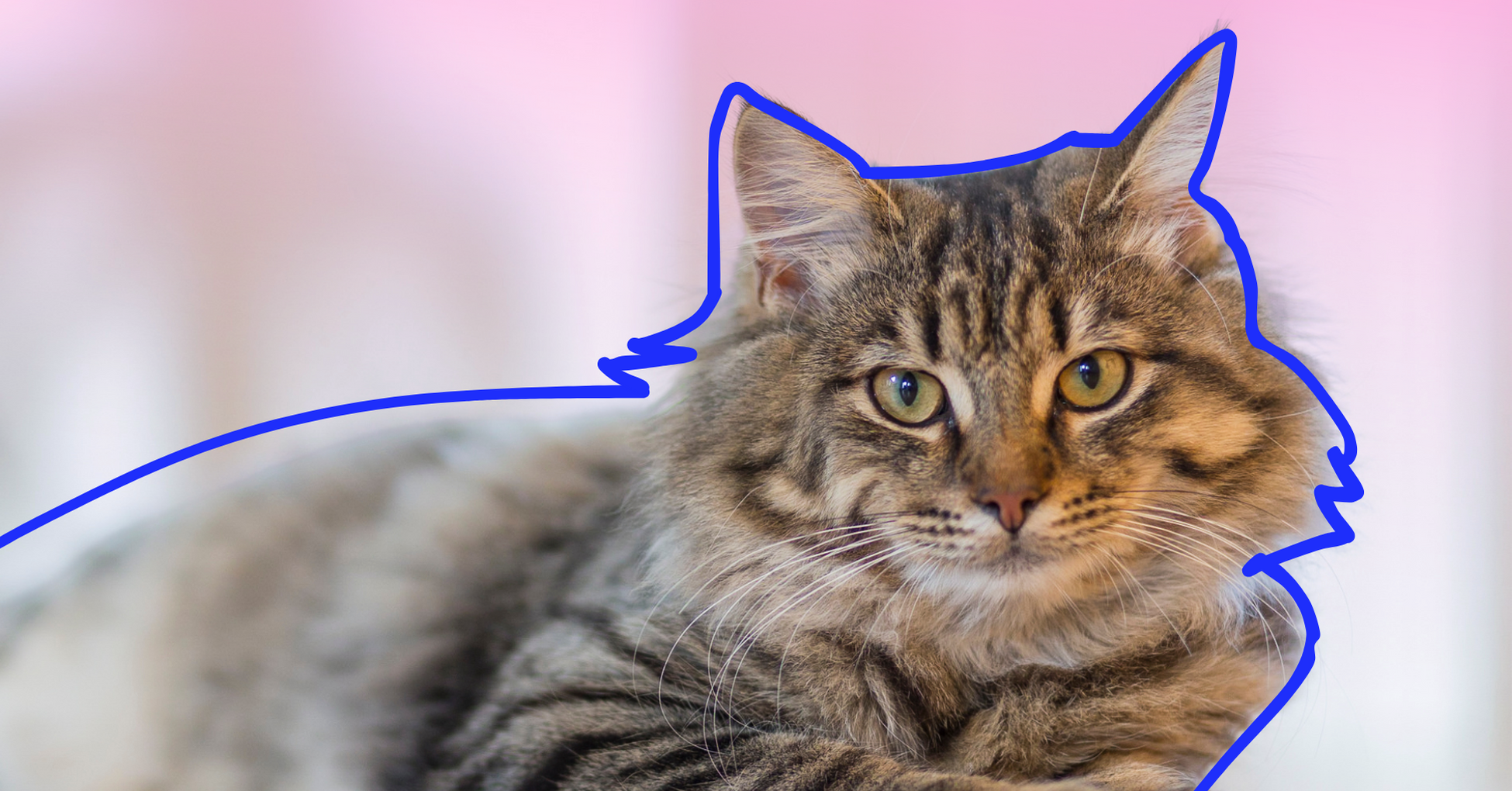
In reflecting on historic fights for human rights, we pay tribute to the critically important theory of “intersectionality”, which recognizes that all forms of oppression and exploitation are interconnected (and which informs our philosophy at Rise for Animals).
Excitingly, 2023 was bookended by critical and compelling new scholarship expounding upon this foundational theory and reframing the interconnectedness of all sentient life.
The beginning of the year saw Dr. Saskia Stucki, a Senior Research Fellow at the Max Planck Institute for Comparative Public Law and International Law and former Visiting Scholar at Harvard’s Animal Law & Policy Program, publish a book – available for free here! – submitting that, for the good of all, the human rights paradigm should be modernized to include other-than-human animals. To this end, Dr. Stucki “explore[d] how the systematic subjugation, exploitation, and extermination of animals simultaneously contributes to some of the gravest social and environmental threats to human rights” and assert[ed] that “protecting human and animal rights in concert promises to yield better outcomes for humans, animals, and their shared planetary home”. Ultimately, Dr. Stucki proposed a “One Rights approach”, recognizing animal rights as an “integral part” of human rights.
And, the end of the year saw attorney and animal law expert Kimberly Moore bring forth The Case for the Legal Protections of Animals: Humanity’s Shared Destiny with the Animal Kingdom, in which she “presented the case for legal protection of animals based on humanity’s shared interests and destinies with the animal kingdom”. Moore both “argued that what harms nonhuman animals also harms humans” and “detail[ed] the many ways that legal protections for animals will benefit humanity”.
This scholarship lays bare the intersectionality of (all) animals’ interests and reaffirms on a global scale the very truth we already know about the animal research industry: by harming other-than-human animals, humans harm human animals.
The unethical use of other-than-human animals as research subjects hurts humans in all ways – from the emotional to the psychological to the physical – and the damage wrought is far more devastating and widespread than even what we see inside labs.
By vivisecting other-than-human animals, humans hurt “others”, each other, and themselves.
Just as we are all connected, the use of some living beings by others inside laboratories is connected to all other forms of institutionalized oppression, discrimination, and exploitation – to all other campaigns for rights.
Calling these rights (or campaigns) “human” or “animal” should be of no matter, for, as existing and upcoming scholarship does and undoubtedly will continue to show us, the divisions we construct are artificial.
OUR interests are intersectional. OUR rights are inherent and equal. And, OUR fight must continue.
Share This Blog on Twitter (X)
Join our fight to free animals from exploitation in laboratories. Sign up for emails below. You’ll receive the latest news, expert insights, and meaningful action opportunities that will help to end animal experimentation on our lifetime.